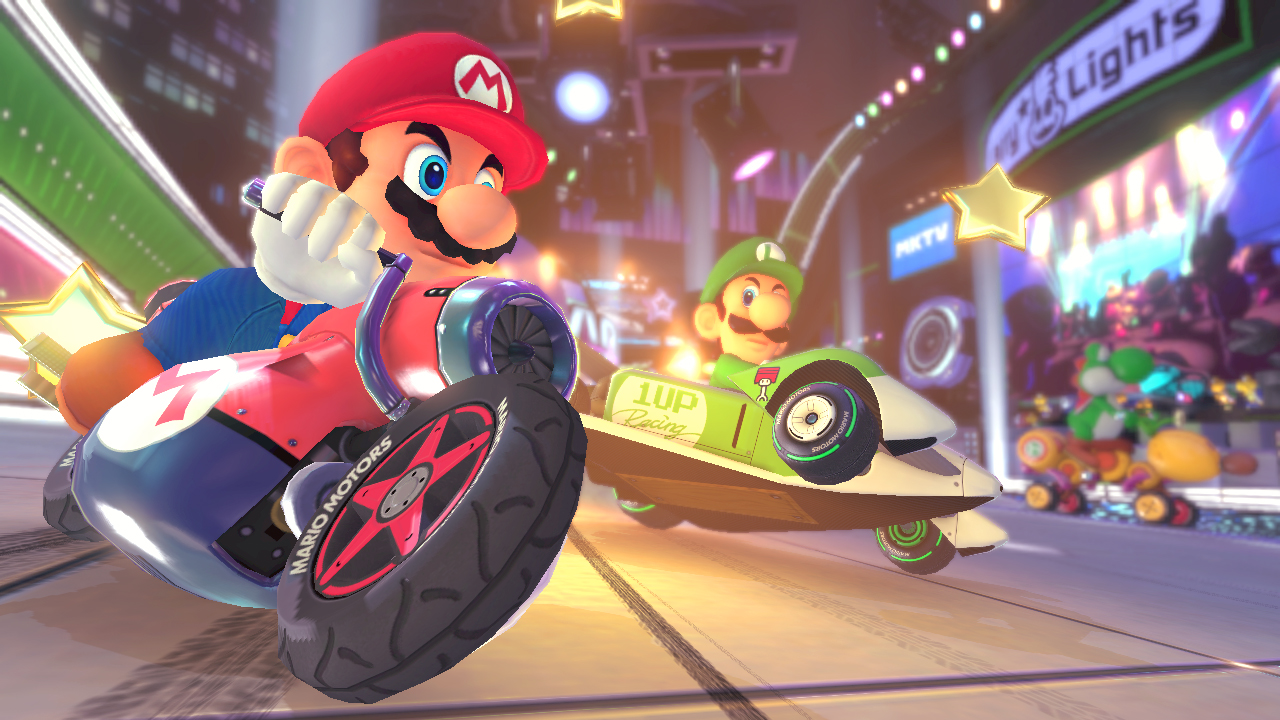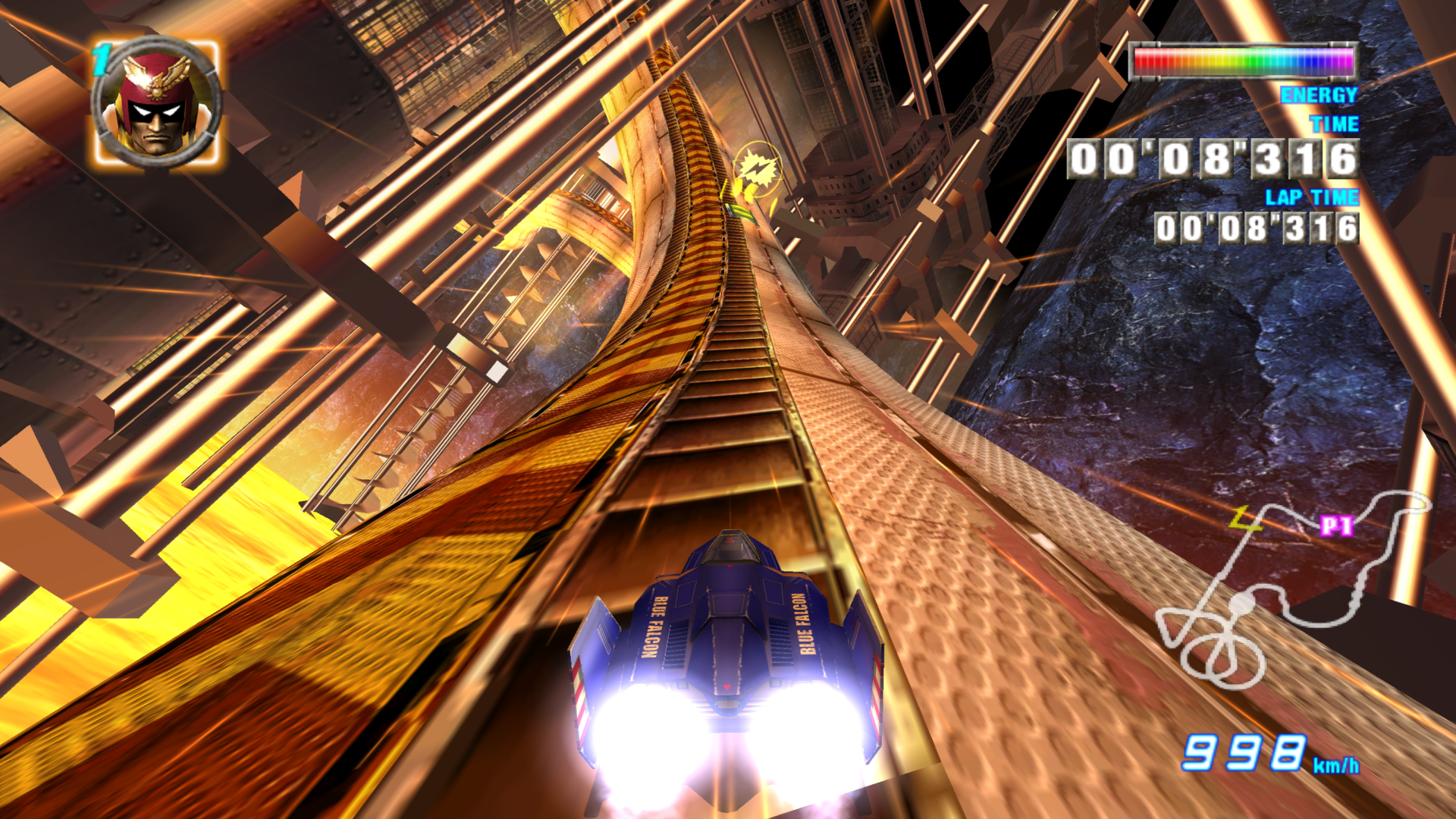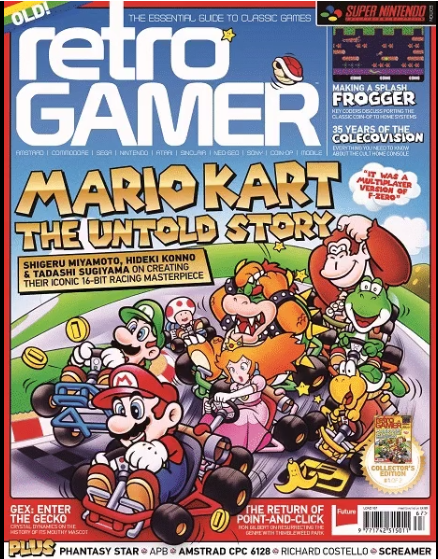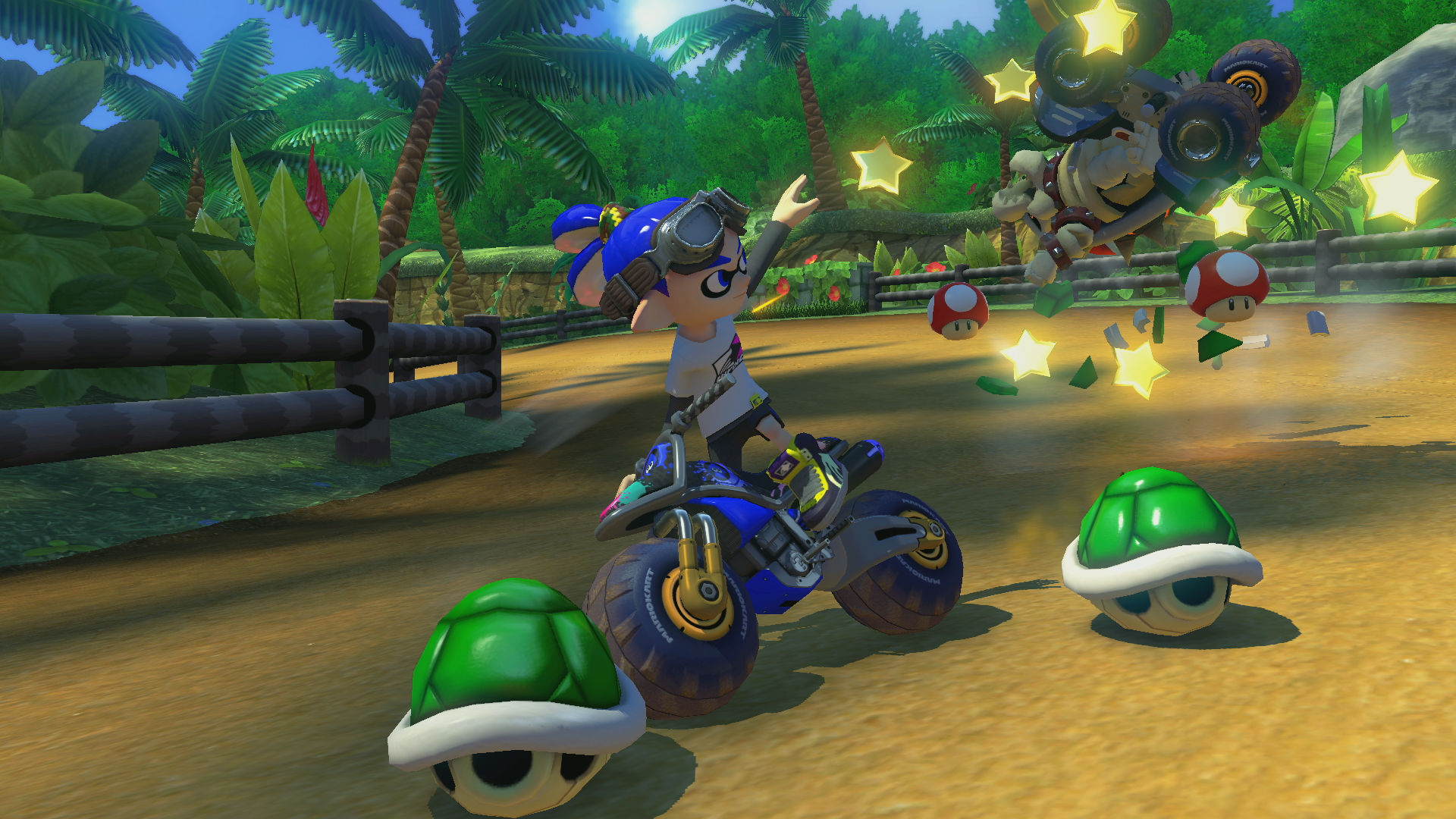Super Mario Kart began life as an F-Zero multiplayer prototype, reveals Retro Gamer interview

Nintendo's iconic racer Mario Kart has always held technical similarities to its high-speed stablemate F-Zero, and now the reason is clear – Mario Kart was originally conceived as an F-Zero game. "Our original plan didn’t include Mario or karts. The game’s roots lie in one of the launch titles for the SNES: F-Zero." reveal the original Mario Kart developers in an exclusive interview with Retro Gamer magazine.
- FLASH SALE: Save £20 and grab five issues of Retro Gamer for £5 to get monthly insight and in-depth retrospectives on the best retro games, from the ZX Spectrum to the SNES and beyond.
Mario Kart and F-Zero have always felt like natural complements to each other – the former built around tight, jostling, multiplayer combat races and intricate tracks, while the former opts for pure speed and racing skill over much larger environments – but it transpires that 1992’s Super Mario Kart was actually planned as a multiplayer prototype of F-Zero.

Super Mario Kart’s original dev team, including Shigeru Miyamoto and the game’s two directors, Hideki Konno and Tadashi Sugiyama, explore the iconic racer's inception in an exclusive interview with Retro Gamer magazine.
“Our original plan (for Mario Kart) didn’t include Mario or karts. The game’s roots lie in one of the launch titles for the SNES: F-Zero. The game was designed for single-player gameplay because of our focus on getting across the sense of speed and the size of the courses. It was a prototype for a multiplayer version of F-Zero that ended up being the starting point for Super Mario Kart, and from there we went through a period of trial and error to find what worked.”

The move from F-Zero to Super Mario Kart – with all the power-ups, hazards, and differing enemy AI the latter entails – was a big one, despite the shared use of the SNES console's Mode 7 graphics technology, Konno admitting that the shift down to much smaller environments especially “seemed a huge challenge”. But it wasn’t long before, during play-testing and fine-tuning, that the now-traditional Mario Kart essence started shining through.

“I really played the game a lot during the adjustment and debug phases of the development”, he says. “Because of the strong competitive gameplay, once I started test playing I would get excited and start shouting out while I played.”
While Mario Kart’s inception might not be what we expected, ultimately some things never change. "We aimed to create a game that’s fun to play with family, friends, with everyone", says Hideki Konno.
For the full, exclusive feature on Super Mario Kart’s development, check out Retro Gamer issue 167, which goes on sale in the UK on Thursday, April 20 for £4.99. And if you subscribe online, you can currently get five whole issues for a mere £5 total – saving you a whopping £20 on retail prices – just by clicking on this special promotional link.
Sign up to the GamesRadar+ Newsletter
Weekly digests, tales from the communities you love, and more



